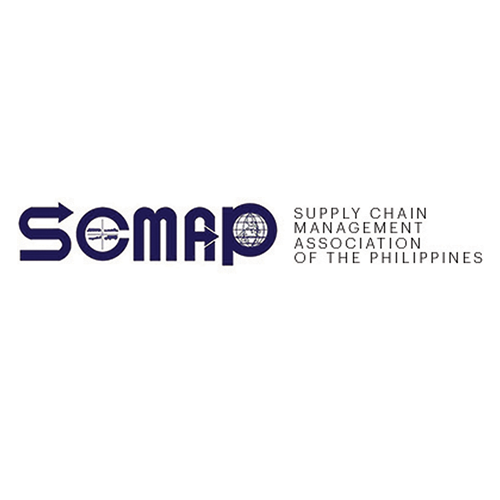I’ve been thinking a lot – like you, I assume – about sustainable supply chains for a while now. Our impact on our planet is certainly an urgent topic, as is ensuring the damage we do to our only home is not irreversible. What’s overwhelming about it is the many ways we can start working on it – certainly a lot of ways from the end consumers’ perspective, such as recycling and being more discerning when it comes to what we buy. It’s also much clearer now that a lot of action lies within us in industry, too.
I’ve had the privilege of learning about this topic from experts across various industries providing different perspectives – from manufacturing, from technology, from governance. This also makes the greater task overwhelming and daunting. But if one thing is clear, it’s that we all have to work together to move forward.
Take the challenge of reusable packaging. There are many efforts across different fronts. Developing biodegradable packaging materials, for instance, is not just a matter of choosing a different kind of bottle. There will have to be discussions about whether the new packaging works best with the product being sold. Will it elevate the customer’s experience or detract from it?
Or take the push to encourage recycling. Coca-Cola’s unveiling of a PET bottle recycling plant is noteworthy, but the challenge is to make sure the investment is effective, by encouraging people to recycle plastic bottles the same way they return glass bottles to their nearest sari-sari store. Where do you do just that? Customers may be minded to do just that, but if options for ‘depositing’ the bottles are inaccessible, they’ll just throw it away.
Keeping the whole business accountable to sustainability goals is a key challenge. This requires an understanding of what data is relevant, and the capability to collect, interpret and glean insight from this data, transforming information to workable action. Of course, there’s the matter of ensuring the information inputted is relevant, and that will depend on how the people understand the goals. You can have the most advanced technology to analyze the numbers for you, but as we all know, garbage in, garbage out.
That said, I can’t help but feel one part of the equation remains missing. I believe more government intervention is needed to make sure that both businesses and consumers are not just aware of their responsibility to our planet – we all know what’s at stake, this being disaster-prone Philippines and all – but also compel them to act. Policies working towards green jobs and integrating sustainability reporting is one thing. What practical support are we giving to businesses to allow them to really go head-first into ensuring green supply chains and green enterprise?
This need for greater intervention is more keenly felt when you look at the responsibilities of the consumer. We talk about how we should recycle more. But when we do try to recycle, all of the garbage we sort ends up in the same pile anyway. The supply chain, so to speak, towards material recovery is far from complete. How do we develop this system so we can follow through on our commitments? And of course it’s not just about recycling. We need to urgently act on our energy transition, on sustainable transport, on resilient communities – and a lot of this starts with the right government policies.
I remember reading a recent interview in the Guardian about the problem of road traffic during the holiday season in the United Kingdom. “If you increase road capacity then traffic speeds up, but that attracts more people otherwise put off by delays,” said David Metz of the UK Department of Transportation. “If you take away road space, that slows traffic down, and people make other choices, certainly if you have good public transport.”
Put in this context, our behaviors are defined by the systems and policies that are in place. What better way to truly put all of us working together to save the planet than by having the government really take the lead?
2023 Supply Chain Immersion: After three years, we are holding again our annual Supply Chain Immersion. We will be heading to Cebu on May 21-23 to better understand how supply chains can be responsive and impactful, through a mix of expert talks and site tours. Registration is now open: learn more at scmap.org.
Henrik Batallones is the marketing and communications director of SCMAP, and editor-in-chief of its official publication, Supply Chain Philippines. More information about SCMAP is available at scmap.org.
PREVIOUS COLUMN: How Worried Should We Be?





